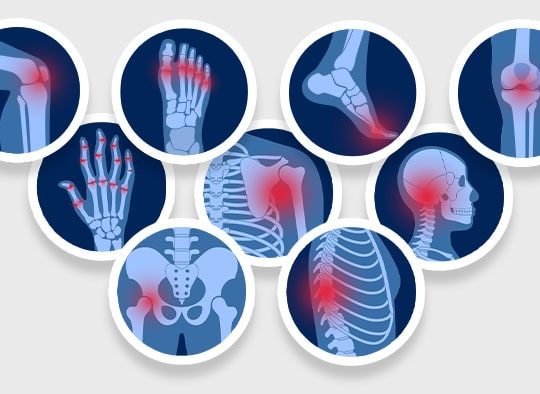I remember the first time I truly understood the importance of mental health. It was a crisp autumn day, and the sun was casting a golden glow on the fallen leaves. I was sitting with a dear friend, sipping our hot coffees, when she suddenly opened up about her struggles with anxiety and depression. It was a vulnerable moment, and my heart went out to her as she shared her darkest fears and inner battles.

That conversation was an eye-opener for me, as it made me realize how crucial it is to pay attention to our mental well-being. Mental health is just as important as physical health, yet it’s often overlooked or stigmatized. In this blog post, I aim to shed light on mental health, discussing signs and symptoms of common mental illnesses and providing resources for support.
Anxiety, one of the most prevalent mental health issues, affects millions of people worldwide. It can manifest as excessive worrying, panic attacks, restlessness, and trouble concentrating. For those who have never experienced anxiety, it may be challenging to comprehend the torment it inflicts. However, being mindful of such symptoms can help us identify when someone might be struggling. If you notice a friend or loved one becoming unusually withdrawn, having difficulty sleeping, or showing persistent signs of anxiety, it may be time to offer support and suggest seeking professional help.
Depression, another prevalent mental illness, can make even the simplest of tasks seem insurmountable. It goes far beyond merely feeling sad; depression affects every aspect of a person’s life, stealing their joy and motivation. Symptoms may include extreme fatigue, loss of interest in previously enjoyed activities, feelings of worthlessness or guilt, and recurring thoughts of death or suicide. Recognizing these signs is crucial, as depression can be severely debilitating, and individuals may require professional intervention and treatment.
While anxiety and depression are two commonly discussed mental health issues, there are several others that deserve equal attention. Bipolar disorder, characterized by extreme mood swings, can cause individuals to oscillate between periods of mania and depression. Schizophrenia is a chronic mental disorder that can cause hallucinations, delusions, and disordered thinking. Eating disorders, such as anorexia nervosa or bulimia, involve unhealthy relationships with food and body image. Post-traumatic stress disorder (PTSD) can develop after experiencing or witnessing a traumatic event, leading to flashbacks, nightmares, and severe anxiety.
So, what can we do to support ourselves and others dealing with mental health issues? Education is crucial. By equipping ourselves with knowledge about mental illnesses, we can better understand what others are going through and offer empathetic support. Let’s encourage an open dialogue about mental health, creating safe spaces where people feel comfortable discussing their experiences without the fear of judgment.
In addition to education, it’s crucial to promote self-care and stress management techniques. Taking care of our mental health should be just as routine as brushing our teeth or going for a walk. Encourage activities that promote relaxation and mindfulness, such as meditation, journaling, or spending time in nature. Regular exercise, a healthy diet, and getting enough sleep can also have a positive impact on mental well-being. And if we notice ourselves or others struggling, it’s important to seek professional help. Therapists, counselors, psychologists, and psychiatrists are trained to provide the support and guidance needed to navigate mental health challenges.
Fortunately, there are numerous resources available for individuals seeking help and support. Many countries have helplines dedicated to mental health, providing immediate assistance and guidance. Online forums and support communities can connect individuals with others going through similar experiences, fostering a strong sense of belonging and understanding. Local mental health organizations often offer workshops and support groups that can be immensely helpful to those seeking guidance.
We must not forget that mental health is a journey, and recovery looks different for everyone. It requires patience, compassion, and understanding. Let’s be the support system that our loved ones struggling with mental health need, offering a listening ear, a comforting shoulder, or a helping hand.
In conclusion, understanding mental health is a personal and societal responsibility. By familiarizing ourselves with the signs and symptoms of common mental illnesses, we can better support those in need. Educating ourselves not only diminishes stigma, but it also empowers us to create a more inclusive and compassionate society. Let’s be a source of light for those in the darkness, reminding them that they are not alone, and that help and hope are within reach.











